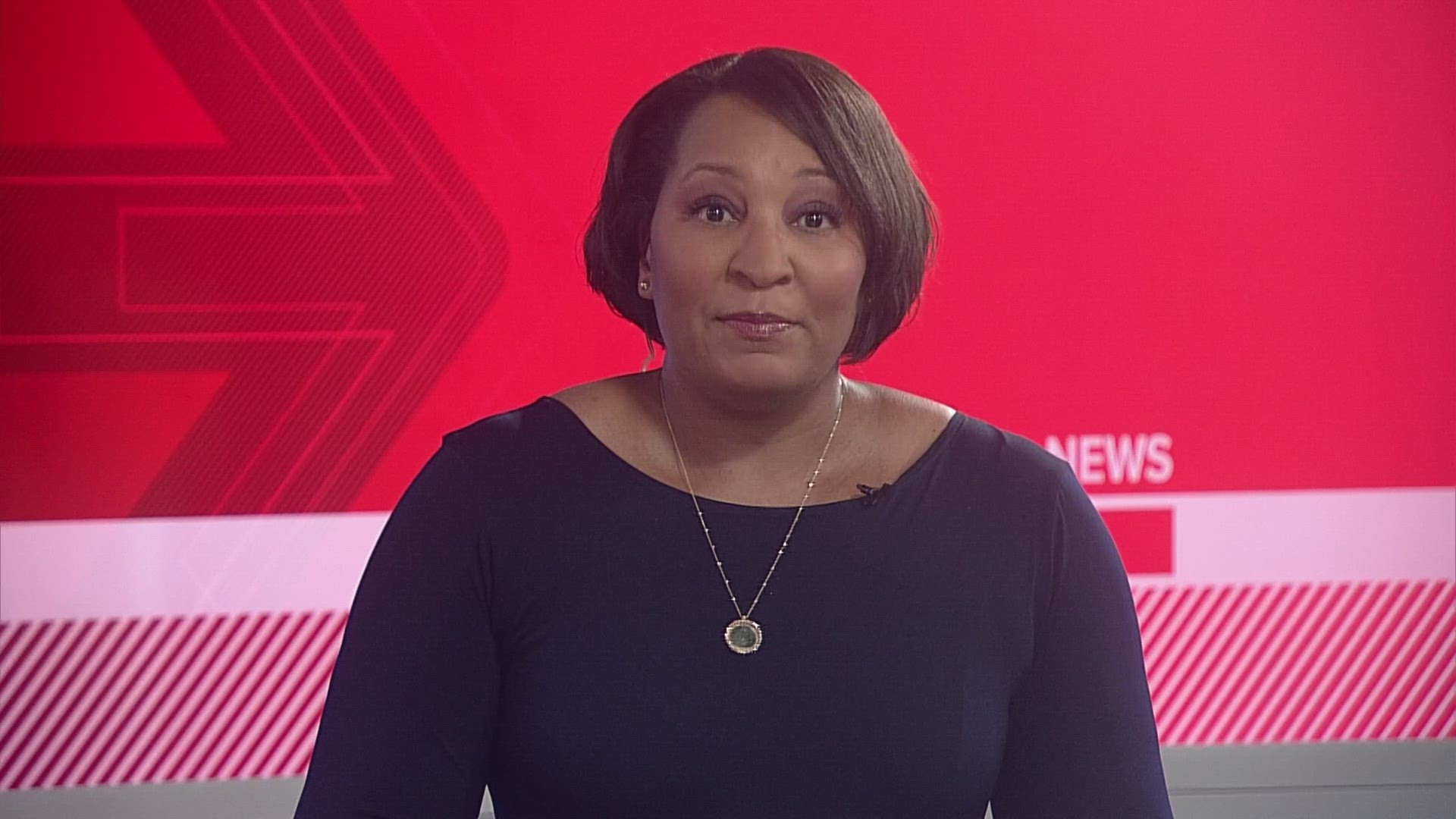INDIANAPOLIS — UPDATE: A federal court issued a preliminary injunction on Friday, which temporarily blocks an Indiana law that would prohibit health care professionals from providing, or referring, transgender young people for gender-affirming health care.
The ACLU of Indiana had filed that lawsuit on behalf of four transgender youth and their families, as well as a doctor and health care clinic.
"The State has a strong interest in enforcing democratically enacted laws. And defendants have shown that there are important reasons underlying the
state's regulation of gender transition procedures for minors. Still, plaintiffs
have carried their burden of showing some likelihood of success on their claims
that S.E.A. 480 would violate their equal protection rights under the
Fourteenth Amendment and free speech rights under the First Amendment," the United States District of the Southern District of Indiana Judge Patrick Hanlon said in the injunction.
The judge further said when the states' interest were weighed against the 'likelihood that plaintiffs will be able to show that S.E.A. 480 would violate their constitutional rights and the 'risk of irreparable harm', plaintiffs are entitled to a preliminary injunction.
However, the judge allowed the ban on gender reassignment surgeries, and the judge said the defendants lacked standing to challenge that ban because gender reassignment surgeries are already not provided to minors in Indiana.
SB 480 would have prohibited doctors from being able to prescribe hormones or puberty blockers to transgender youth under 18, even if they had parental consent.
Teens who were already taking such medications would have had six months to get off them if the proposed law was adopted, or if it gets adopted after the preliminary injunction.
The law had been set to go into effect July 1.
ORIGINAL: Following a lengthy hearing, the state and ACLU of Indiana left a federal courtroom optimistic.
The plaintiff, represented by Ken Falk, argued children who are gender dysphoric require gender-affirming care.
"All the major medical and mental health organizations in the United States endorse this as the standard of care that is to be applied, and there no alternatives," said Falk, the legal director for ACLU Indiana.
Thomas Fisher, Indiana's solicitor general, argued gender-affirming treatments are risky and not enough research has been done.
"The scientific studies that are cited to support use of medical intervention for gender dysphoria for minors simply does not show causation," Fisher said. "I think that's that really critical part of understanding what's going on in this situation and with this law the legislature has enacted."
As the judge is deciding whether or not he would grant that injunction, both sides told 13News how important that decision is.
"Indiana says we're doing this to protect the children, but there's no evidence of that," Falk said. "What we have are parents, children and their doctors providing this care and the kids are getting better."
"There are risks that are tended to these children for treatment," Fisher said. "The legislature wanted to address that with a law that goes into effect July 1, and we think that law should stand."
The judge told the courtroom he would make a decision as soon as possible. Without an injunction, the law banning gender-affirming care would go into effect July 1.

